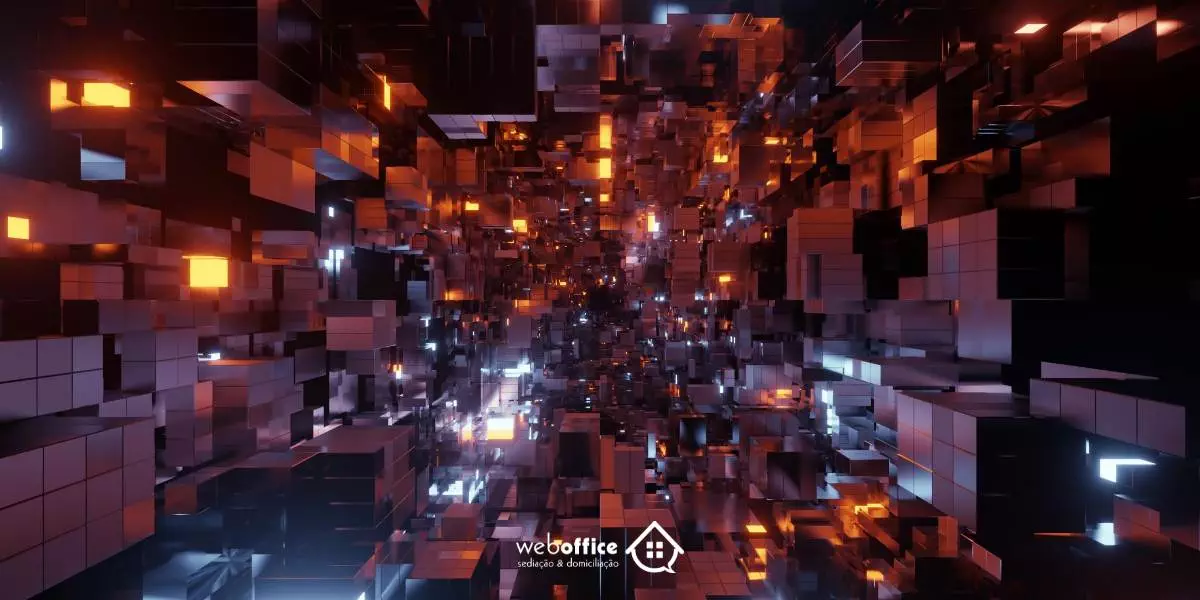Approximately every 20 years, the Internet as we know it undergoes a revolution. The first Internet revolution took place in 1988, when the world witnessed the arrival of the World Wide Web (WWW), with static pages appearing on televisions and computer monitors at the hands of its creator Tim Berners-Lee.
In 2001, the internet revolution came with the boom of the web with the popularization of dynamic websites and multi-page systems. Now, with blockchain and advanced encryption, web 3.0 is coming and promises a new revolution.
But what is web 3.0? And how will it change the way we use the internet? Let's find out.
Web 3.0 is the third stage in the evolution of the web, a stage in which the internet becomes much more intelligent, autonomous and collaborative. Web 3.0 includes all the technologies that use a combination of data, cryptography, artificial computing and that will allow the internet to become much more useful and secure.
Web 3.0 first appeared in 2007, when Danish programmer Holger Klein published an article in the IEEE Computers & Society magazine in which he proposed stage 3.0 of the web's evolution. Klein argued that Web 2.0, so popular with web users today, was only stage 1.0 of the evolution.
We can therefore say that Web 3.0 is the next generation of the Internet, where users control their own data and can interact with each other directly, without the need for intermediaries.

This "new internet" will be powered by decentralized technologies such as blockchainWeb 3.0 will be more private and secure than the current Internet. Web 3.0 should replace the current internet infrastructure and thus change the use of the internet as we know it today.
Web 3.0 doesn't have an exact date to be defined as a starting point, but we can say that it began to emerge at least in 2020, when blockchain began to be adopted in real life and users began to have an option to control their personal data.
Concepts such as the web of trust, smart contracts, DeFi, decentralized registration protocol (DPO), crypto-commerce, decentralized autonomous organizations (DAO), public and anonymized data are among the main features of the third wave of the web.
This "new revolution" of the internet is parallel to the new paradigm of the labor market that we are currently experiencing. The concepts of remote work, hybrid work and digital nomadism are becoming increasingly common and widespread in companies, thanks to this natural evolution which, more than technological, is also a sociological revolution.
In WebOffice We have kept up with current trends in the job market and have provided all the solutions that suit entrepreneurs who are experiencing this new paradigm shift. Discover all our services here.



